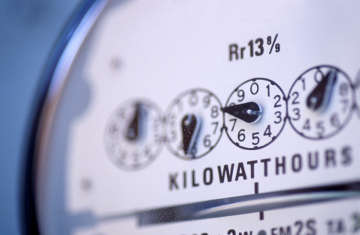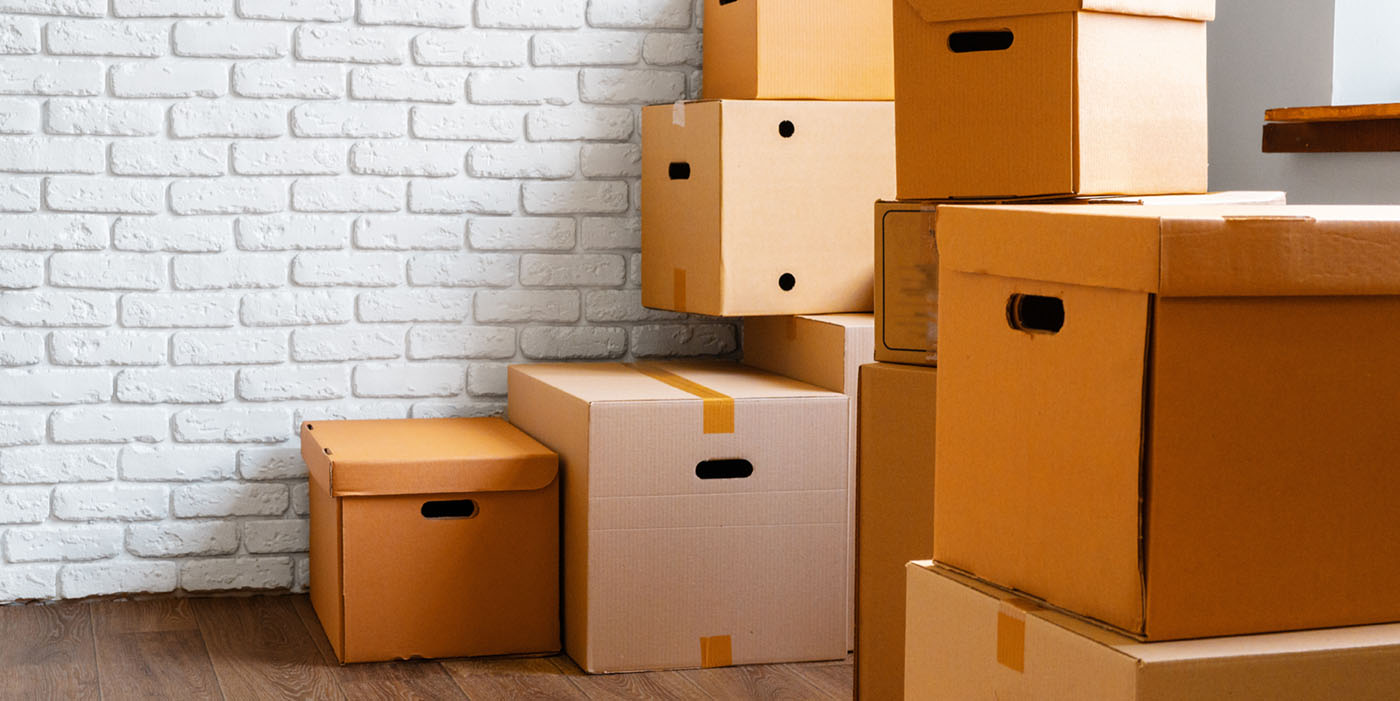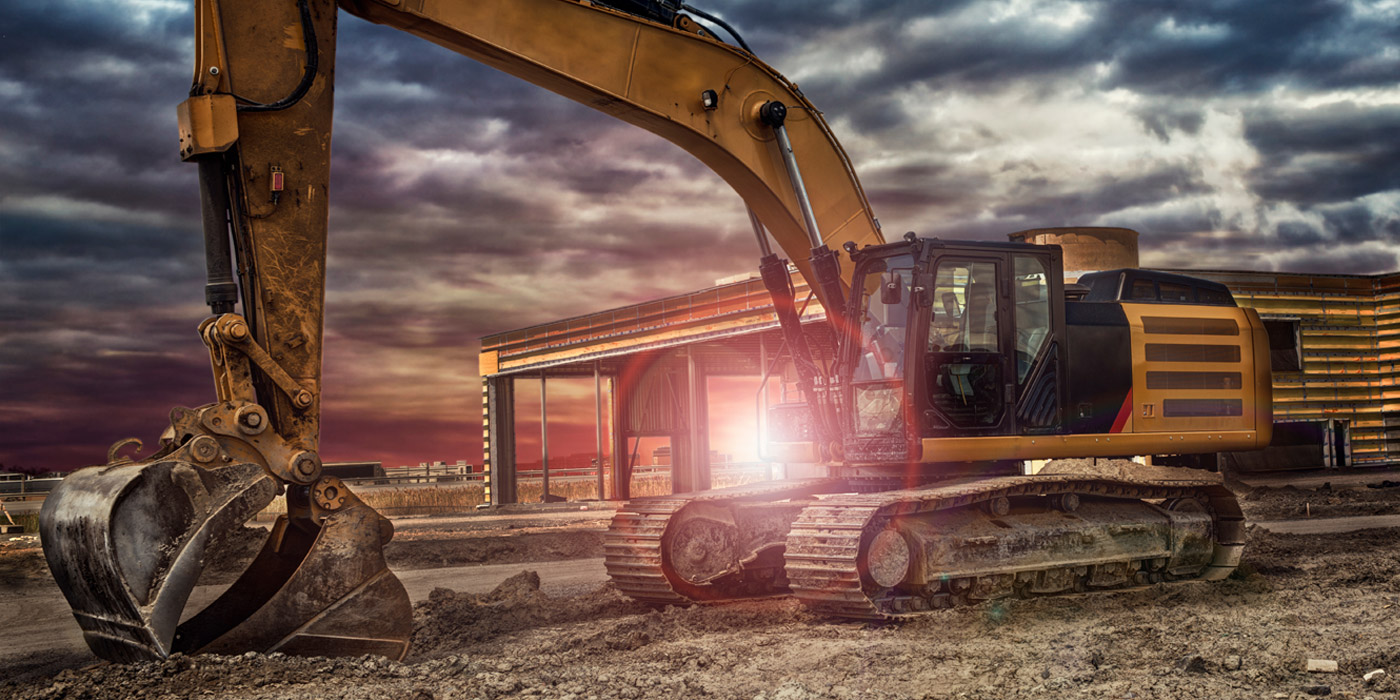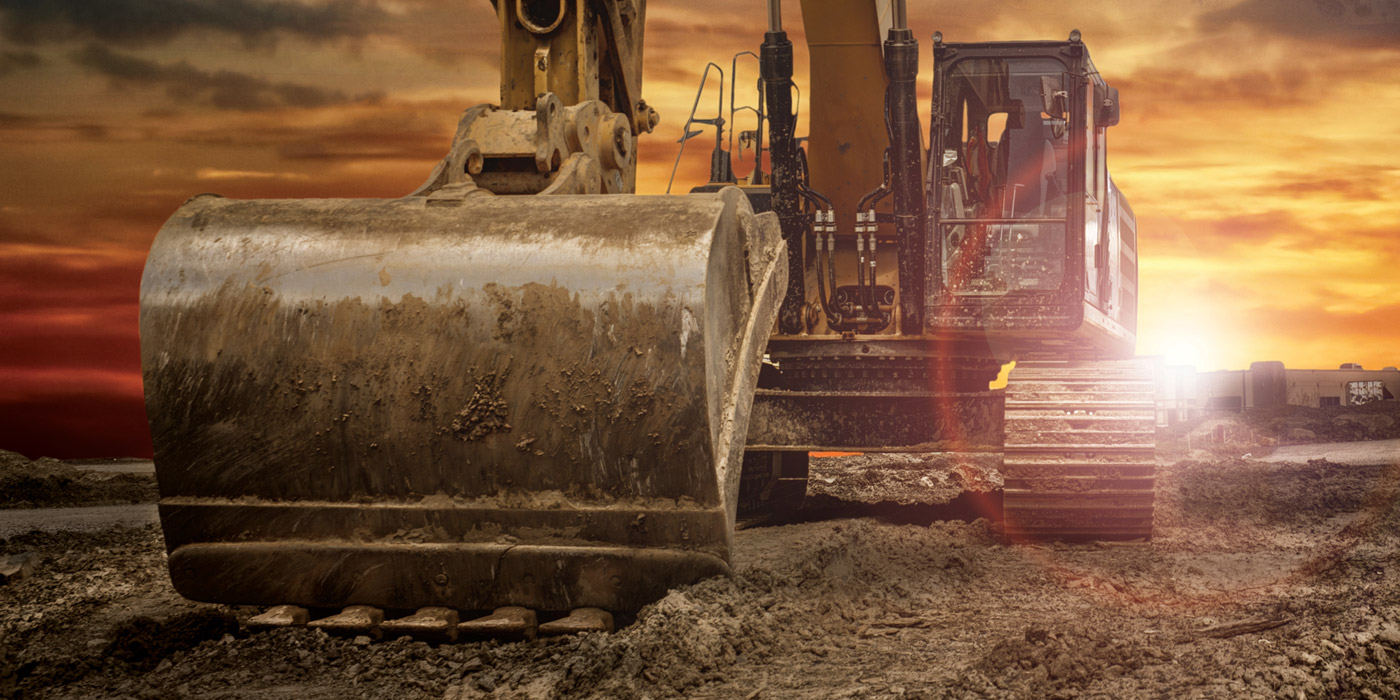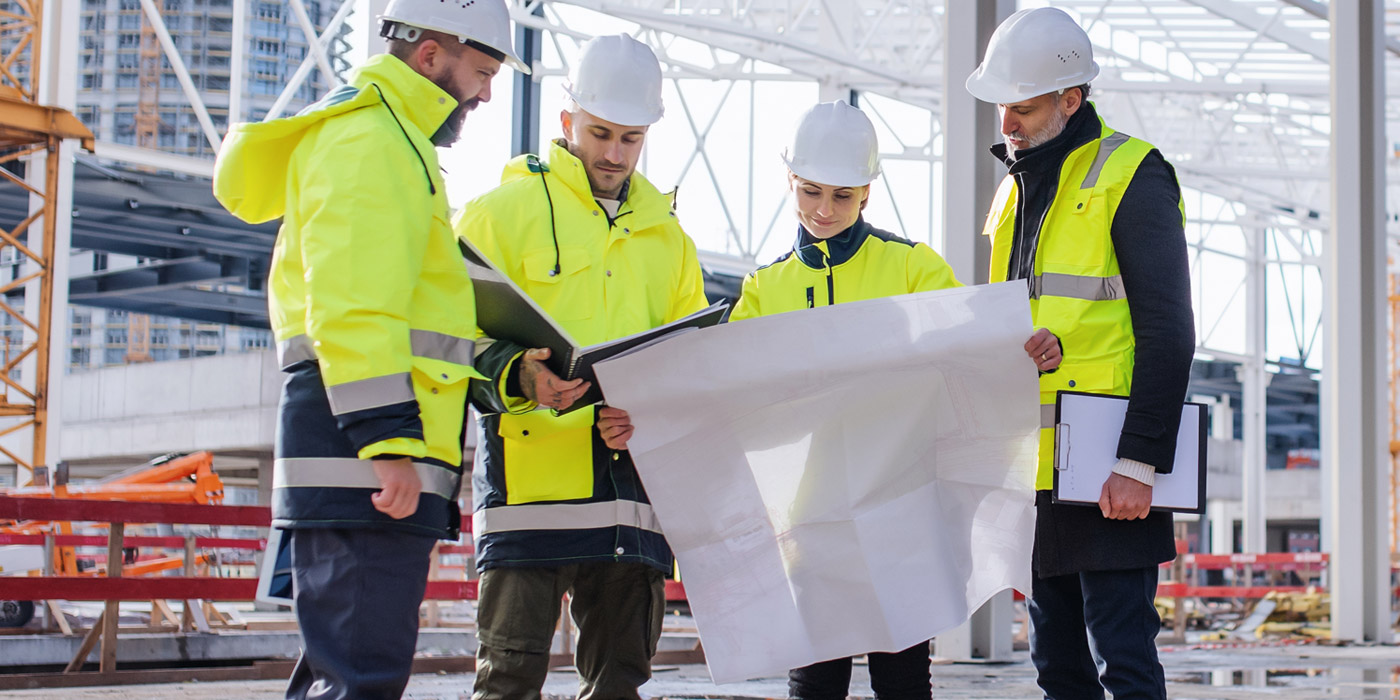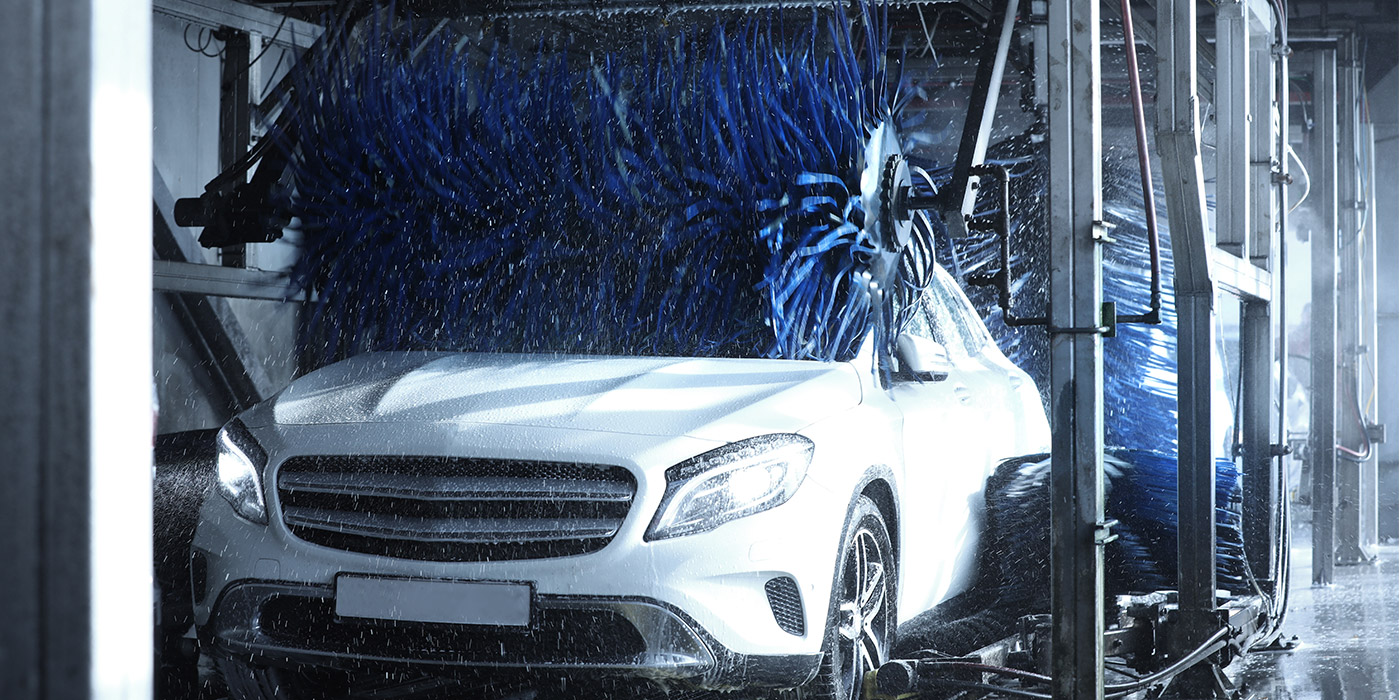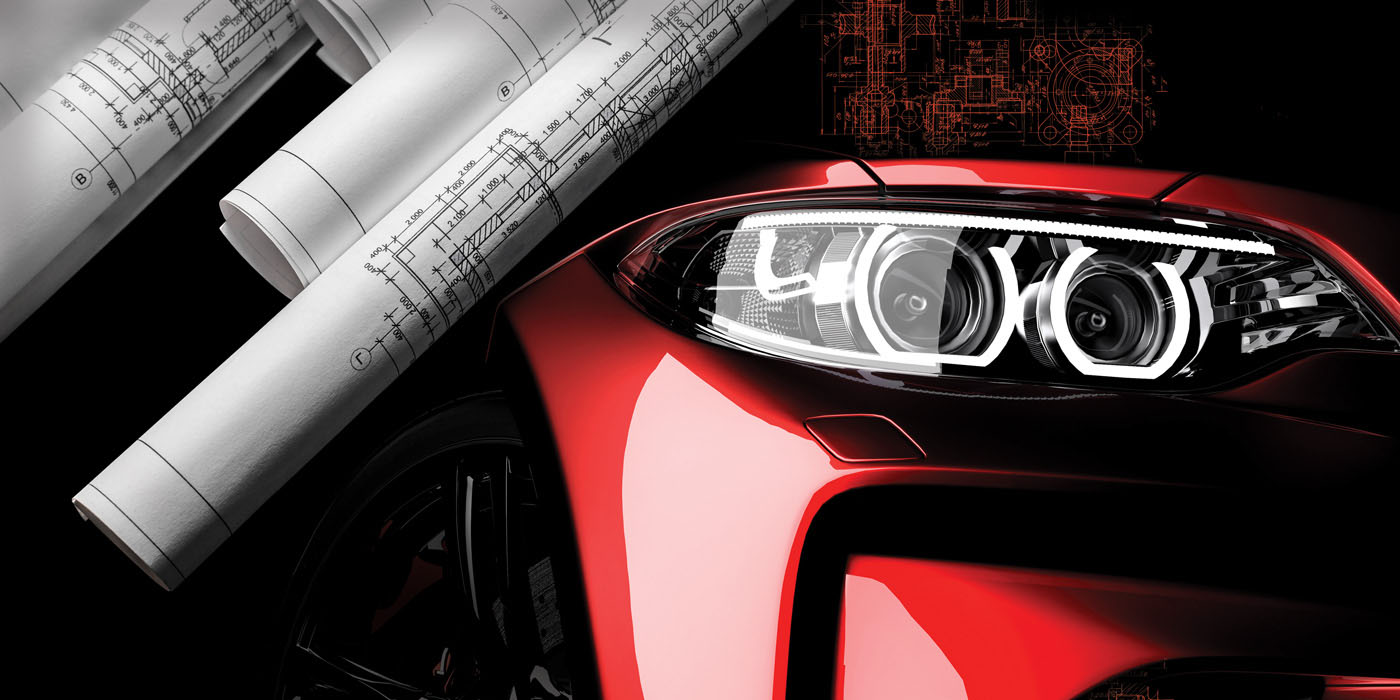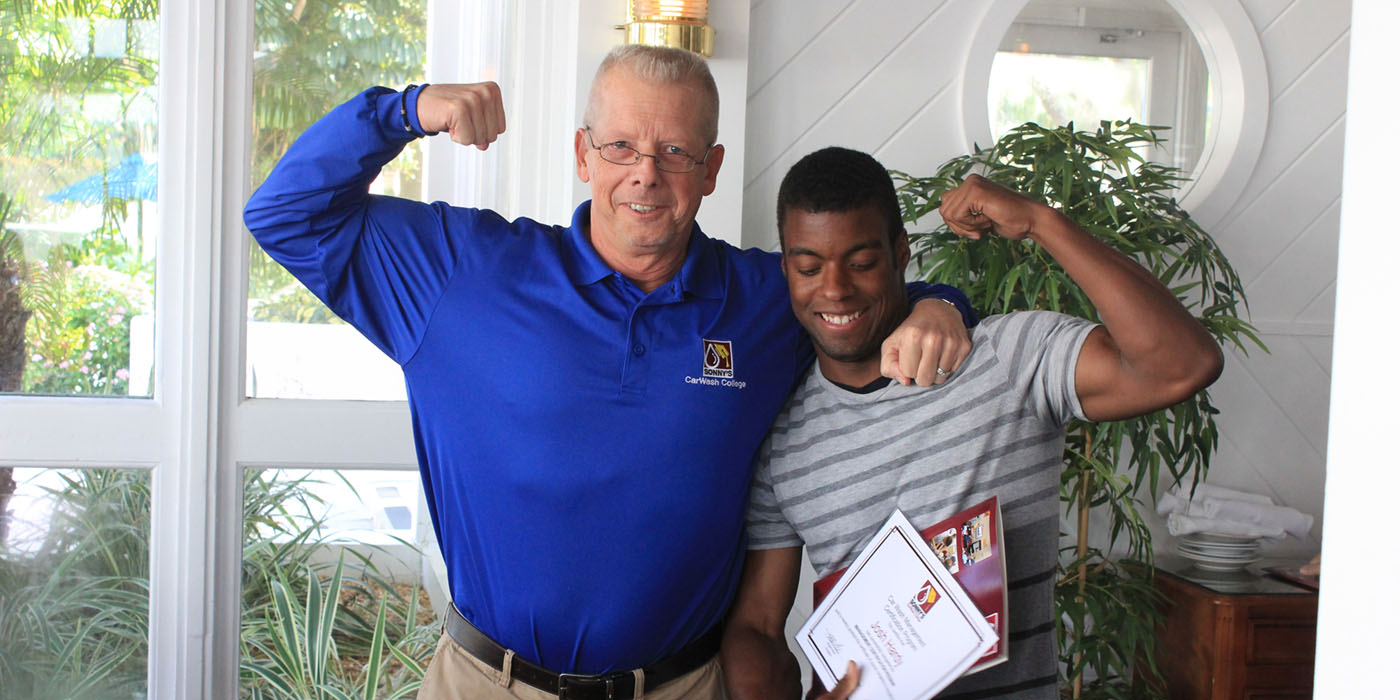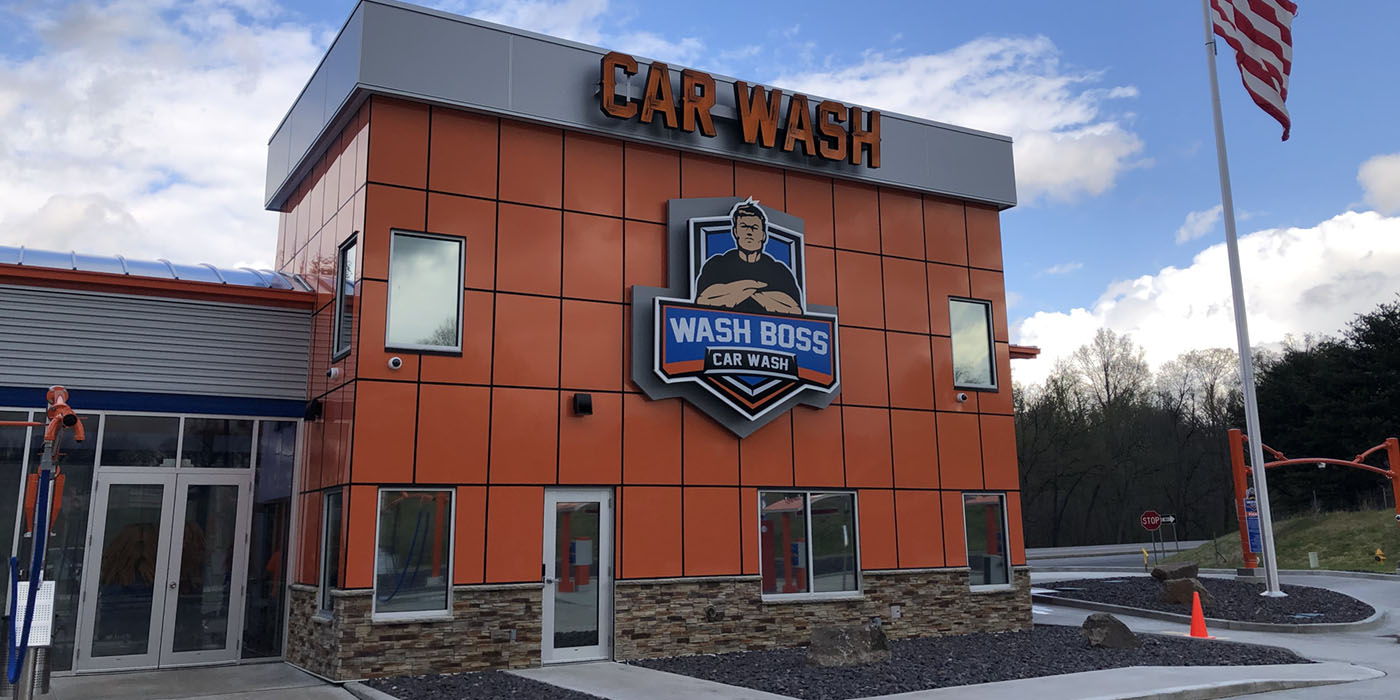An energy audit is an evaluation of the amount of energy your business or home consumes versus the cost of that energy. Many property owners are paying way too much to heat, cool and run their businesses and/or homes.
An energy audit can save the average business owner 30 percent of their yearly energy bill. This includes gas, electricity, heating oil — and in most cases that’s just dealing with the easy fixes like using energy-efficient light bulbs, re-caulking your windows and doors, upgrading the insulation in your buildings and being a little smarter about how you use the fuel that creates energy in your properties.
What other things can I do to save money?
The items I just described are considered the “low hanging fruit” of energy savings. If you have an older building, even one as young as 40 years old, you would most likely benefit from replacing your windows, adding insulation around your foundation, converting your fuel source from say electricity to natural gas or adding renewable energy sources such as solar or wind power to your energy fuel source.
While some of these upgrades are expensive, there are many sources of help for businesses looking to conserve energy especially if you want to shift from non-renewable energy such as fossil fuels and oil and gas to renewable energy such as wind turbines, solar panels and Geo-thermal energy.
Visit www.dsireusa.organd locate your state to find dozens of state and federal programs created to help you save money while reducing your carbon footprint. Many of these incentives come back to you in the form of tax credits. So while you have to make the financial investment upfront, you can recoup your investment in as little as a couple of years.
Who performs energy audits and what does it cost?
Well, some audits are free and others cost money. The free ones are usually provided by the utility companies, heating and air conditioning companies, window manufacturers and anyone else who stands to benefit from selling you their products and services.
The ones that cost money are performed by independent, highly trained, certified professional energy auditors. There are different levels of auditing depending on how much information the property owner is looking for.
A residential, level 1, non-diagnostic audit costs around $200 to $300 and will get you enough information to address up to 80 percent of your energy issues.
A level 2 audit costs between $400 to $600 and includes diagnostic evaluation using a blower door test to detect leaks in your home and thermal testing to evaluate exactly where the heat loss or gain is occurring.
Level 3 testing includes thermal imaging where the use of digital cameras reads the differences in temperatures in your home and translates it into colored images. Different temperatures are assigned different colors. By reading the color map of a room or part of a room you can easily tell where energy is being wasted.
Beyond that there are other energy models and simulations that you can use to accurately predict the effect various changes will make on your energy consumption. Costs for business evaluations depend on the size and needs of the business.
Like anything else, there are good auditors and those that could use a little more training. Typically you would receive a 15- to 25-page report analyzing your current energy consumption, the cost of that consumption and a list of recommendations including pricing, savings and pay back periods associated with that work.
A good auditor will sit down with you and go over the report so you can ask questions and fully understand it.
How do I find out more about getting an energy report done for my business or home by a reputable independent energy auditor?
There are several good sources for information on home and commercial energy auditing, including: www.energystar.gov; www.dsireusa.org; www.energysavers.gov/your_home/energy_audits; www.masssave.com; and www.energyauditdirectory.com.
These are all good websites and, of course, you can visit my site at www.AmericanEnergyAuditing.com.

